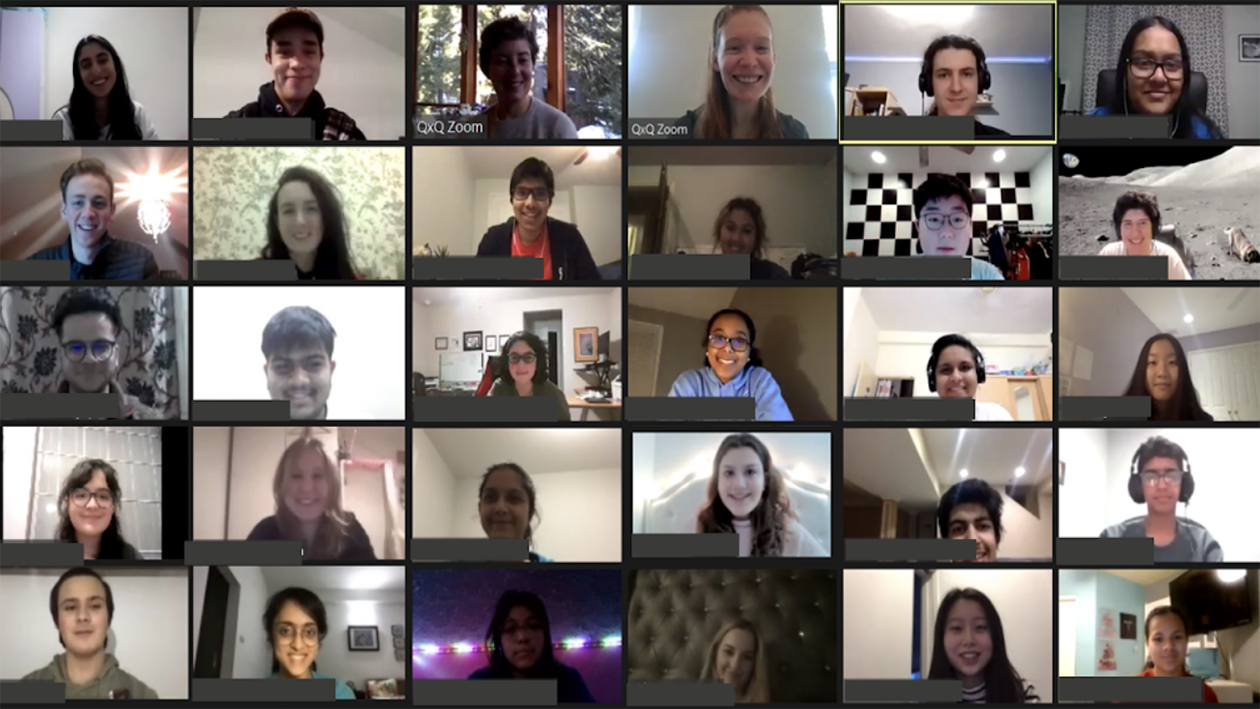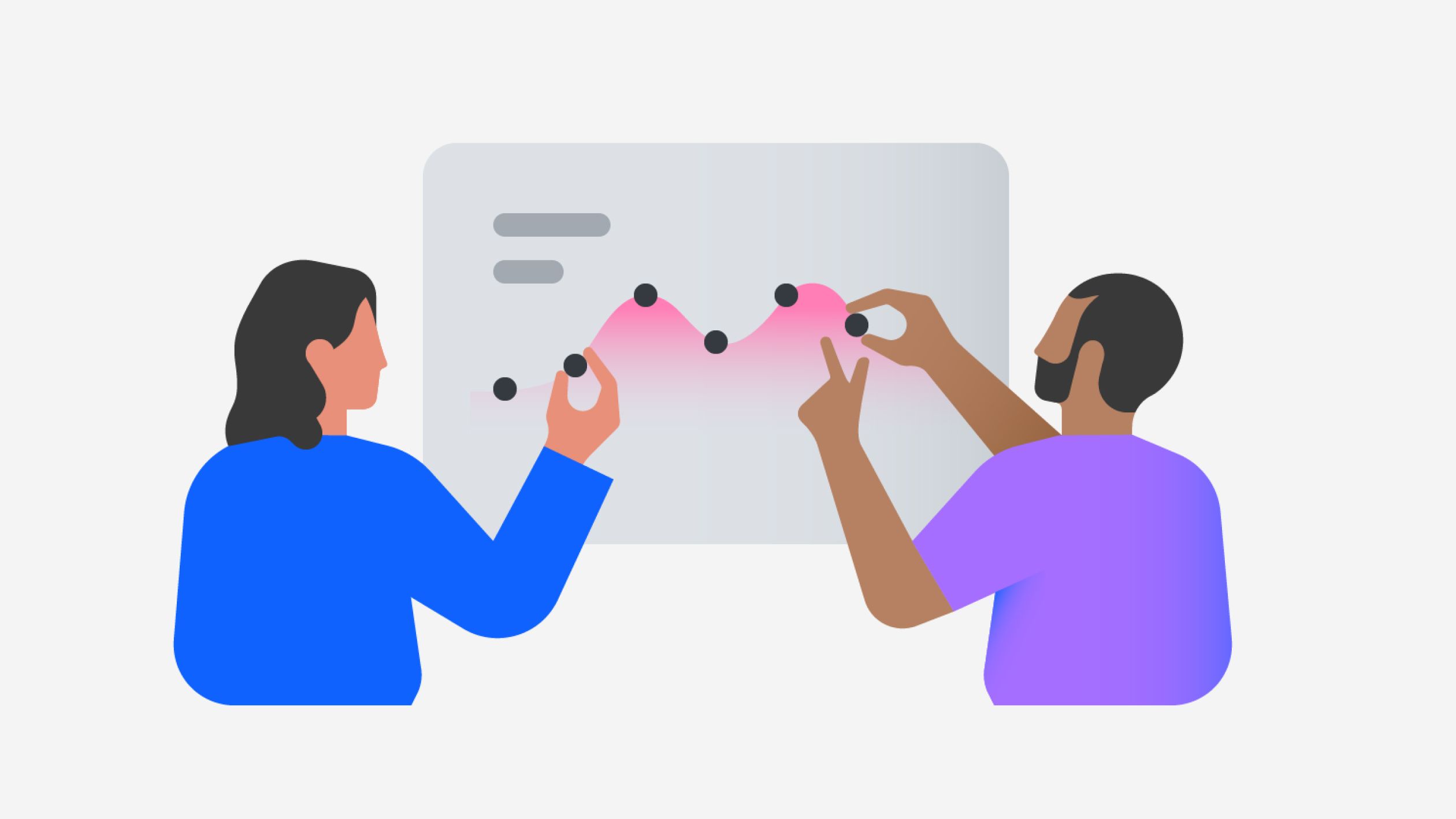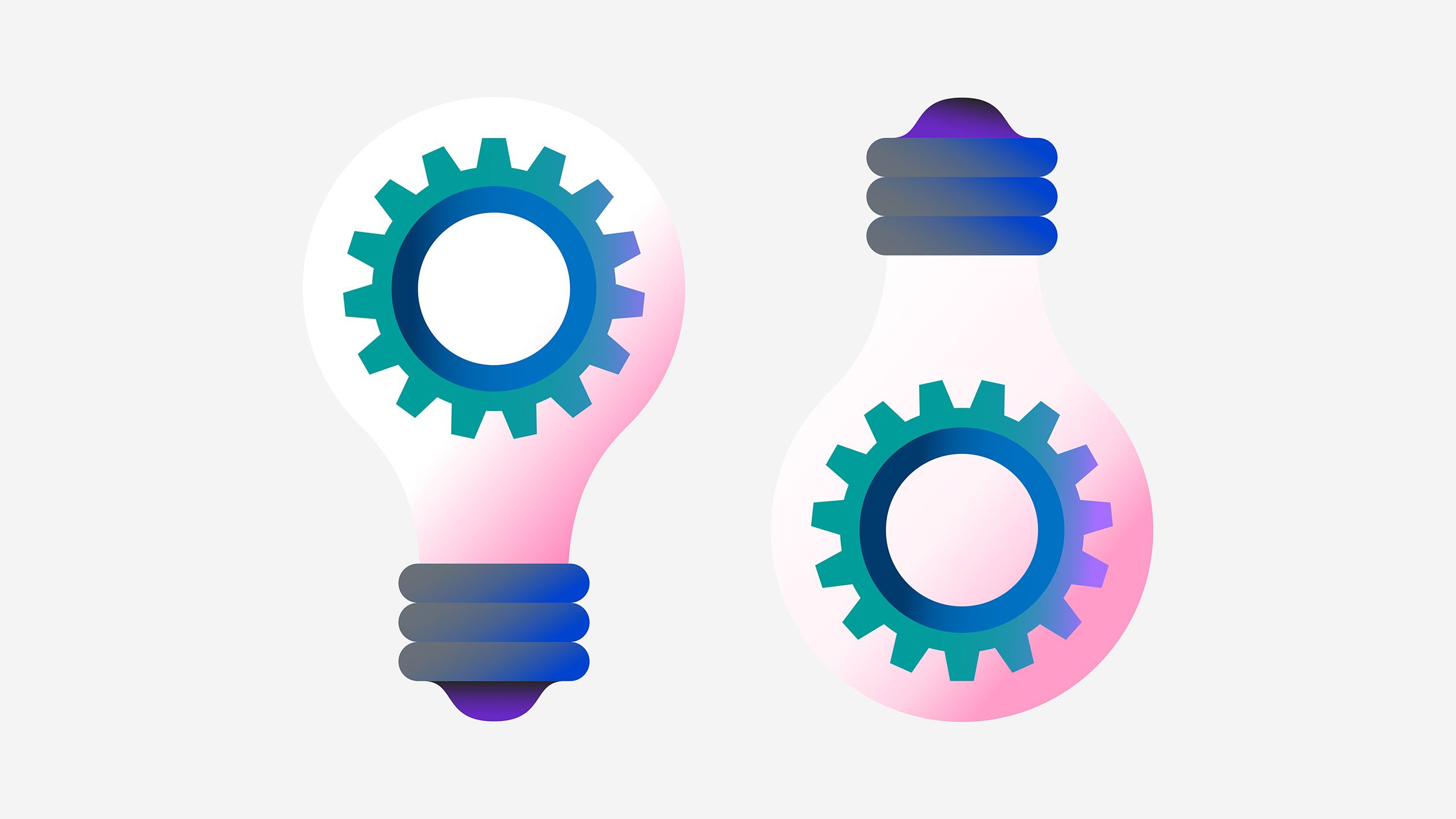High school students can apply here. Scholarships are available, and students from diverse backgrounds are strongly encouraged to apply.
- To be considered in the first round of applications, apply by August 31.
- To be considered in the second round, please apply by September 5.
Qubit by Qubit’s Introduction to Quantum Computing is a two-semester course designed for high school students with limited background in STEM, with the only prerequisite of having taken a geometry class. Qubit by Qubit is a nonprofit organization dedicated to training the future diverse quantum workforce by introducing thousands of high school students to quantum computing. IBM Quantum, which helped build the course and provided the software tools, is sponsoring the course in order to ensure that all students can participate, and over 1,000 scholarships will be available for high school students in financial need or from traditionally underrepresented backgrounds.
“IBM Quantum is working to build the world’s biggest, most diverse community of quantum developers,” said Liz Durst, director of the IBM Quantum and Qiskit Community. “By bringing the Introduction to Quantum Computing Course to high schoolers around the world, and by focusing on educating the most diverse possible cohort, we can change the future of this field for the better.”
The two-semester course introduces students to the foundations of quantum computing, touching on the full spectrum of disciplines—math, physics, computer science, and more—required to understand this technology. Students will learn the foundations of linear algebra, like vectors and matrices, basic Python to code gates and circuits in the open source platform, Qiskit, and the basics of quantum physics.
Students will use these tools to explore possible applications of quantum computing across topics ranging from climate change to cybersecurity to finance. Through the course, students will be encouraged to think about the wide range of career opportunities that will emerge with the rise of quantum computing, from policymakers to product managers to marketers to quantum algorithm designers.
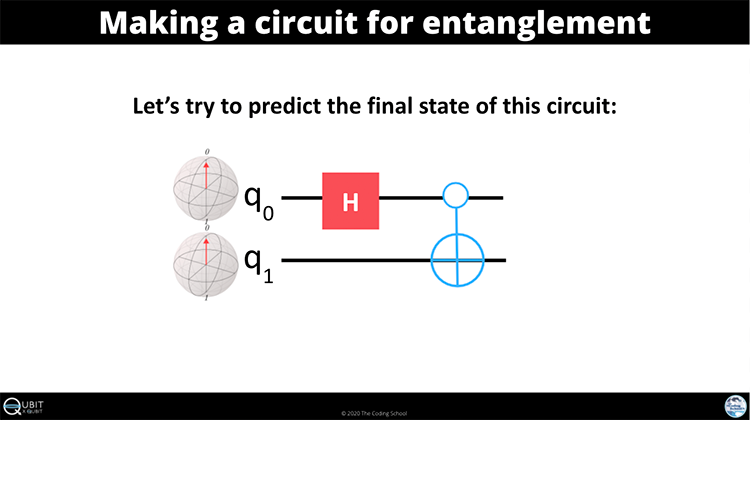
A screen shot of Qubit by Qubit online course material: Making a circuit for entanglement.
“I began 2020 wanting to become an electrical engineer. By 2021, I knew for a fact I wanted to become a quantum engineer. That would not have happened without this course.” —Thomas, Grade 12, North Carolina
But students will learn more than the basics of quantum. They’ll join a community of fellow students around the world, and get a peek inside one of IBM Quantum’s labs, and run their code on a real quantum computer. Students will have the opportunity to participate in special events, such as panels on applying to college and finding careers in quantum computing. Those who complete the course will receive a certificate celebrating their success.
Last year’s course was a remarkable success: 7,500 students participated from 125 countries; 55% of whom were from backgrounds underrepresented in STEM.
Survey data showed that nearly all of the attendees—98%—felt that they had developed concrete skills on quantum computing. Additionally, 96% of students felt more confident in their overall STEM skills after the course, and 96% of students said the course made them more interested in pursuing a STEM career. And 85% of students have a clearer idea of what they want to study in college from taking the course.
In short, the impact of the course extends beyond increasing students’ interest and knowledge in quantum computing. The course increases students’ confidence in STEM and helps high school students figure out what they want to study in college.
“In our course last year, high school students showed that they are well-equipped to learn quantum computing and moreover, with its interdisciplinary nature, quantum computing can help strengthen students’ overall confidence in STEM,” said Kiera Peltz, executive director of Qubit by Qubit and founder of The Coding School. “We are proud to partner again with IBM Quantum to expand access to quantum education and prepare the next generation of leaders for the quantum revolution.”
“Qubit by Qubit changed my life! I learned so much from the quantum course, gained new, diverse friends from all over the world, and for once felt like I could belong in a STEM environment. This was my first time not being the only Latina in a STEM related class I've been in so it was so amazing to not feel on the outside for once and meet people like me!” —Samantha, Grade 10, Massachusetts
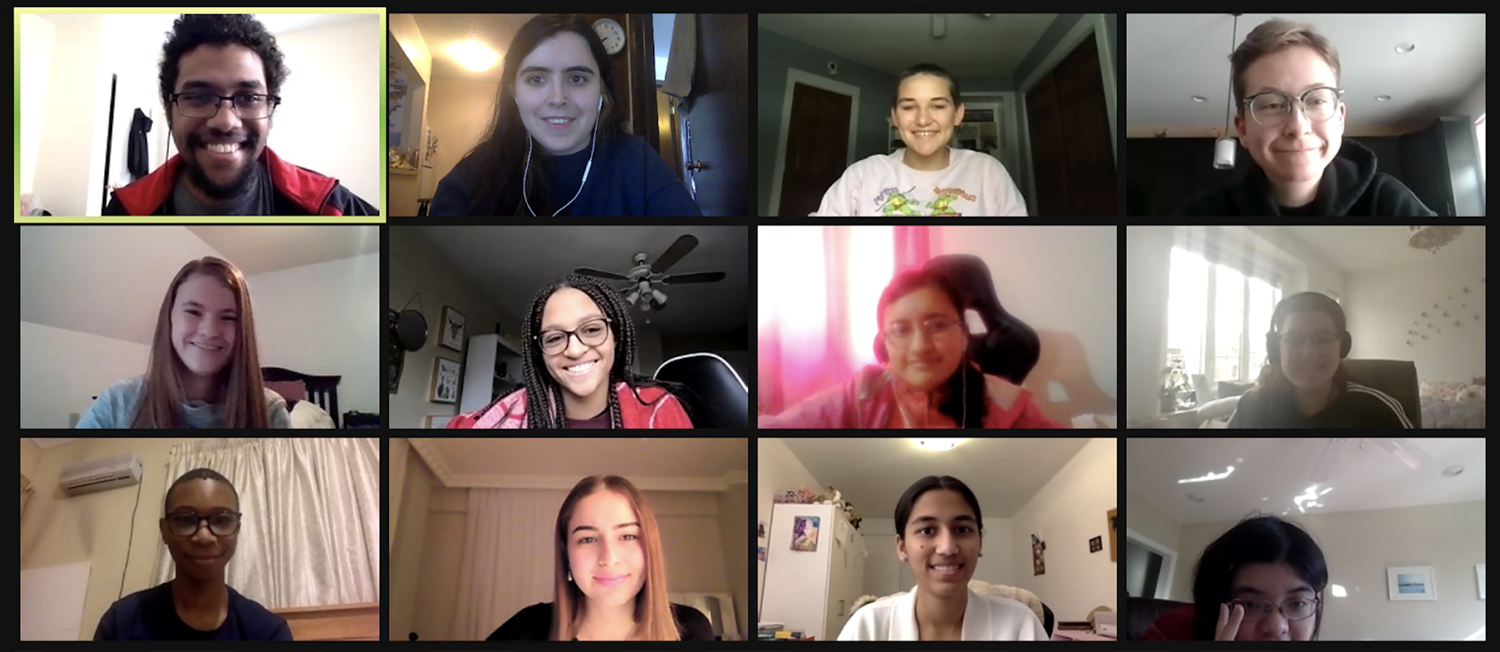
Students from around the world participating in the 2020 Coding School course.
How to apply—and get course credit
Qubit by Qubit is accepting applications from schools and students. High school teachers and school administrators looking to offer this course for credit or as an after-school program can sign up their school, here.
“Offering the course for credit instead of as an extracurricular is particularly important for equity and inclusion, which is at the heart of our mission,” said Peltz. “For students who have to work after school or have family responsibilities, taking on another extracurricular activity on top of a full school load just might not be possible.”
More than 100 schools—from California to Hawaii and Mongolia to Nigeria—have already registered as partners to offer the course this year to their students. (Qubit by Qubit is accredited by Western Association of Schools and Colleges.)
“By partnering with experts from Qubit x Qubit, our Ignite Professional Studies students will be among the first in the country to experience this exciting emerging technology.” —John Mark Russell, Technology Instructor at Bentonville Schools, Ignite Professional Studies program, Arkansas
High school students can apply, here.
Spots are limited, and applications will be reviewed on a rolling basis. To be considered in the first round of applications, apply by August 31. To be considered in the second round, please apply by September 5. Many scholarships are available, and students from diverse backgrounds are strongly encouraged to apply.
